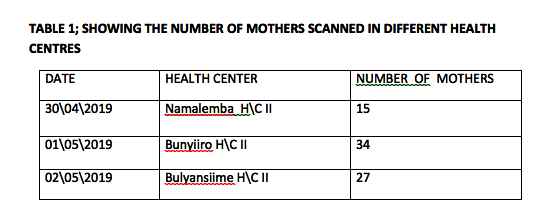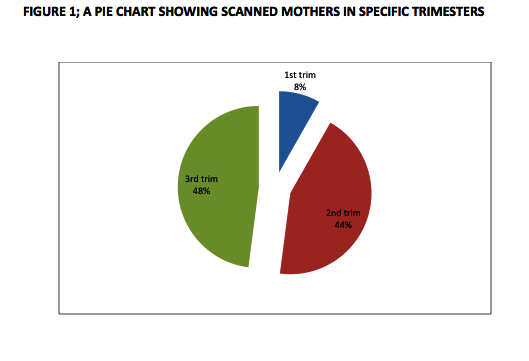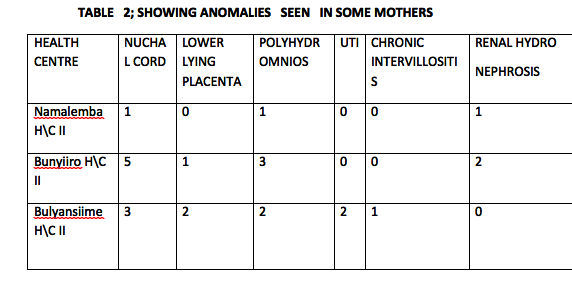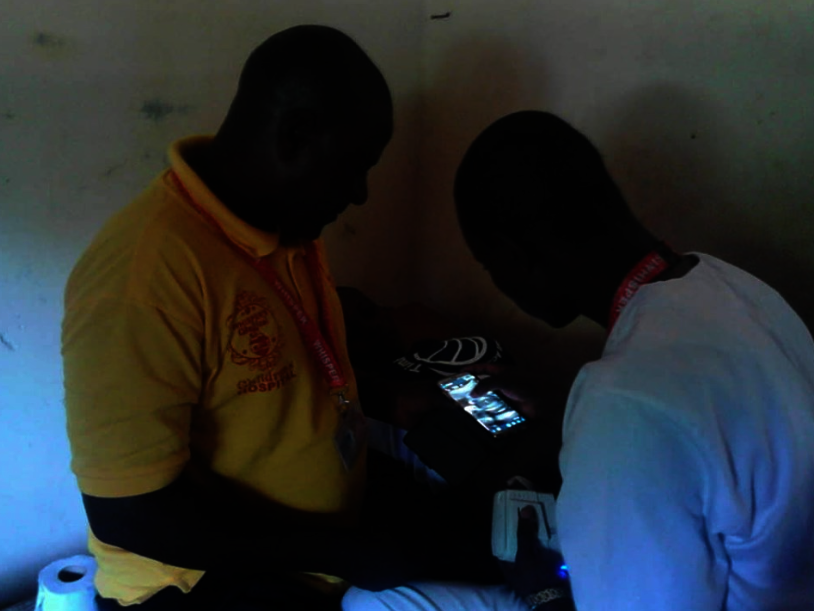By Wabwire Samuel | Radiographer
OBSTETRIC ULTRASONOGRAPHY FIELD REPORT FOR 30THAPRIL, 01STAND 2nd MAY, 2019
For centuries, Non Governmental Organizations operating in Uganda had not realized the significance of community obstetric U\S scans. Most of the charity organizations had not been targeting mothers in urban areas who can not even afford to pay or access ultra sound services.
Many mothers in rural areas have ended up losing their lives during delivery since they cannot access or afford to pay for diagnostic services during pregnancy.
From the above back ground, Whispers Magical Children and Maternity Hospital has been documented as the first charity organization to provide free obstetric U\S scans to mothers in the rural areas in order to reduce abortions and maternal complications during delivery which may result into maternal deaths.
The field team on 30th\04\2019, 01st\05\2019 and 02rd\05\2019 visited Namalemba H\C II, Bunyiiro H\C II and Bulyansiime H\C II respectively.
The first two Health Centers are located in Iganga district and the last one in Bugweri district. These districts are found in eastern Uganda i.e great Busoga region.
These health centers are located deep in villages with high number of mothers attending antenatal services.
They lack diagnostic services and even they have limited number of staffs.
We found many mothers waiting for the services however we were not in position to work on them all since we were limited by the battery of the machine as it can work on 10 mothers only.
All the scanned mothers had never accessed obstetric U\S scans before.
TABLE 1; SHOWING THE NUMBER OF MOTHERS SCANNED IN DIFFERENT HEALTH CENTRES
DATE
HEALTH CENTER & Number of Mothers
30\04\2019
Namalemba H\C II
15
01\05\2019
Bunyiiro H\C II
34
02\05\2019
Bulyansiime H\C II
27
From the table above, a total of 76 pregnant mothers were scanned.
FIGURE 1; A PIE CHART SHOWING SCANNED MOTHERS IN SPECIFIC TRIMESTERS
From the chart above 8% of the scanned mothers were in the first trimester, 44% in the second trimester and 48% in the third trimester.
Out of the two mothers in Bulyansiime H\C II with low lying placenta , one was noted with a partial placental praevia.
This mother was at 18 weeks of gestation, with no history of PV bleeding. She was educated on the dangers of placenta praevia like PV bleeding during pregnancy (APH), failure to have a normal delivery and others.
The midwife at the facility was advised to have a close follow up on the mother to prevent negative out comes. Rescan will be done in the third trimester to confirm the final position of the placenta in relation to the internal OS.
Challenges
Recommendations
Expectations
Learnt lessons
Conclusion
Prepared by
3. Laaki David (social worker)
Project reports on GlobalGiving are posted directly to globalgiving.org by Project Leaders as they are completed, generally every 3-4 months. To protect the integrity of these documents, GlobalGiving does not alter them; therefore you may find some language or formatting issues.
If you donate to this project or have donated to this project, you can receive an email when this project posts a report. You can also subscribe for reports without donating.
Support this important cause by creating a personalized fundraising page.
Start a Fundraiser


